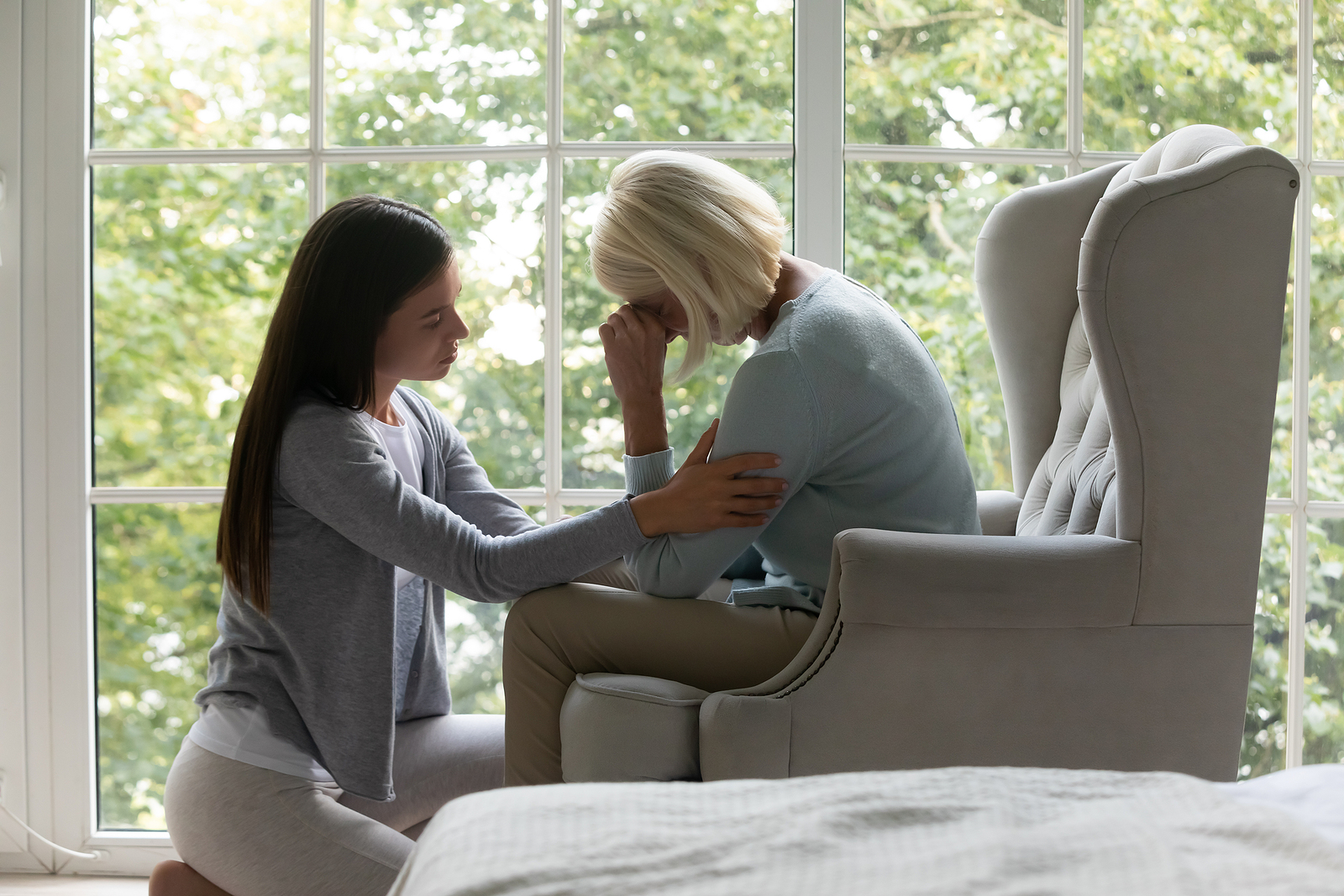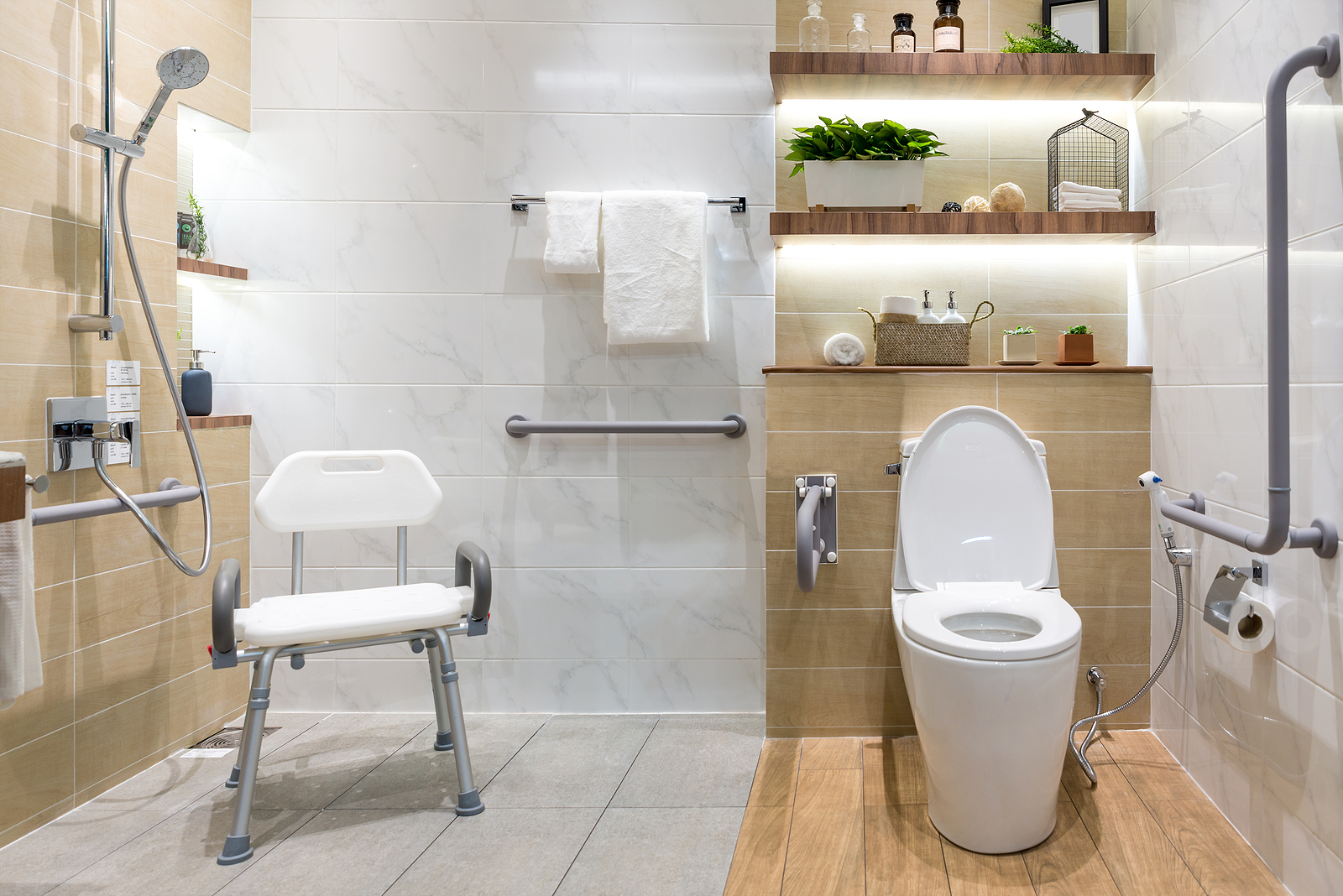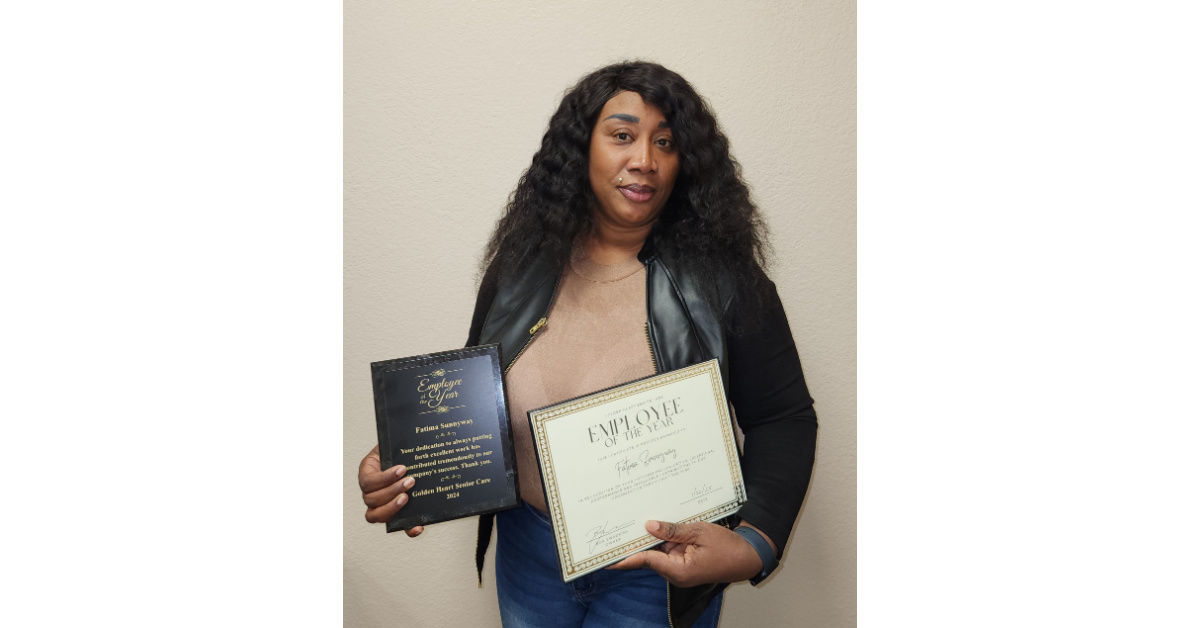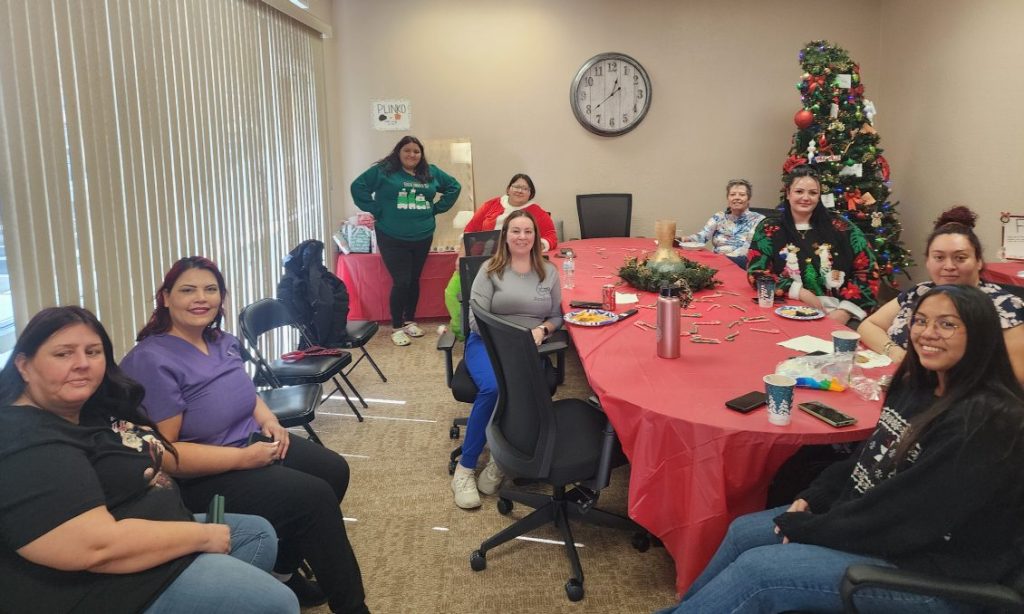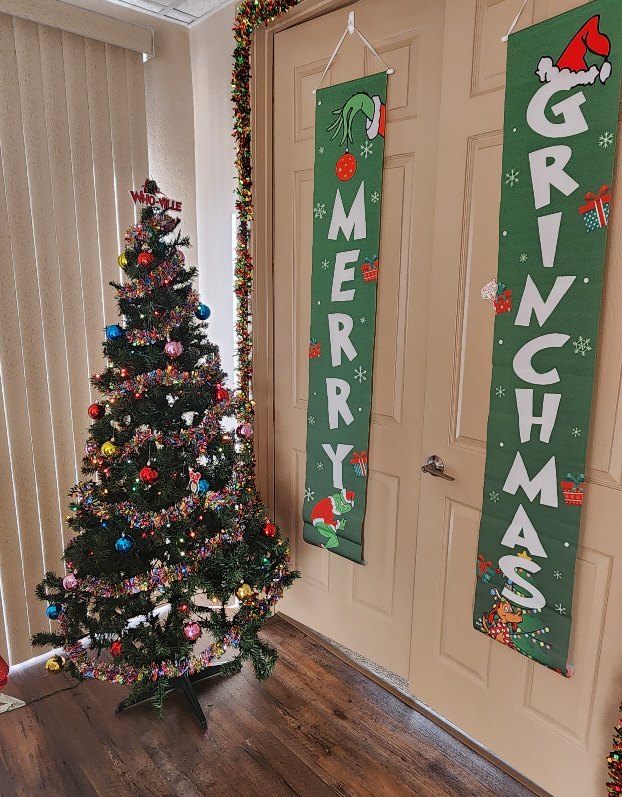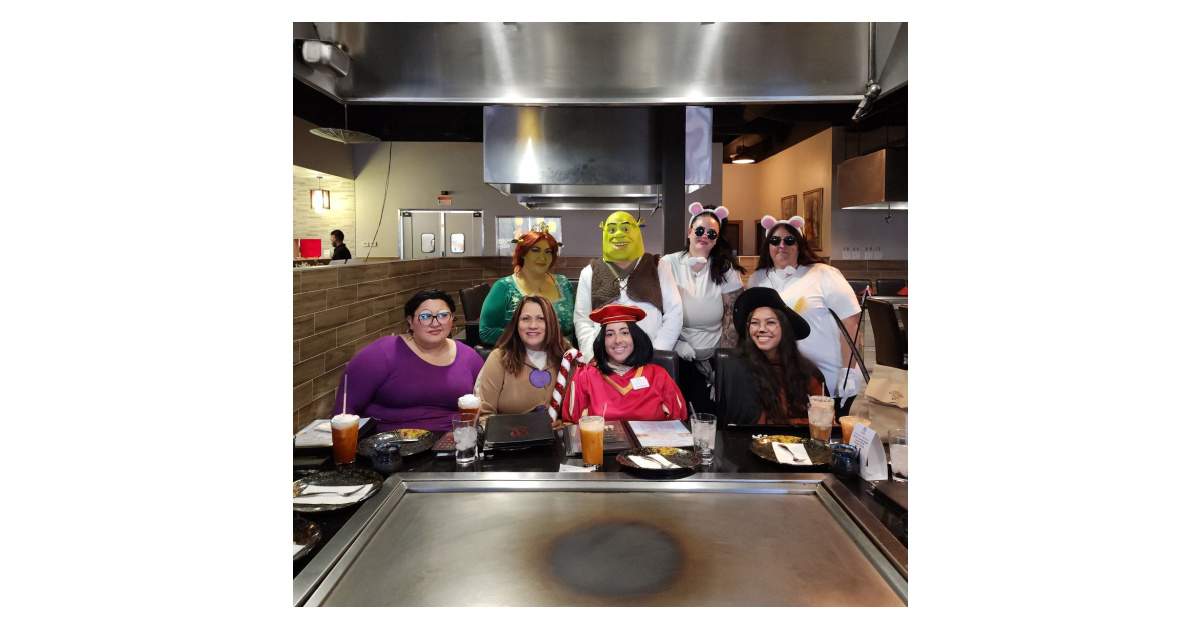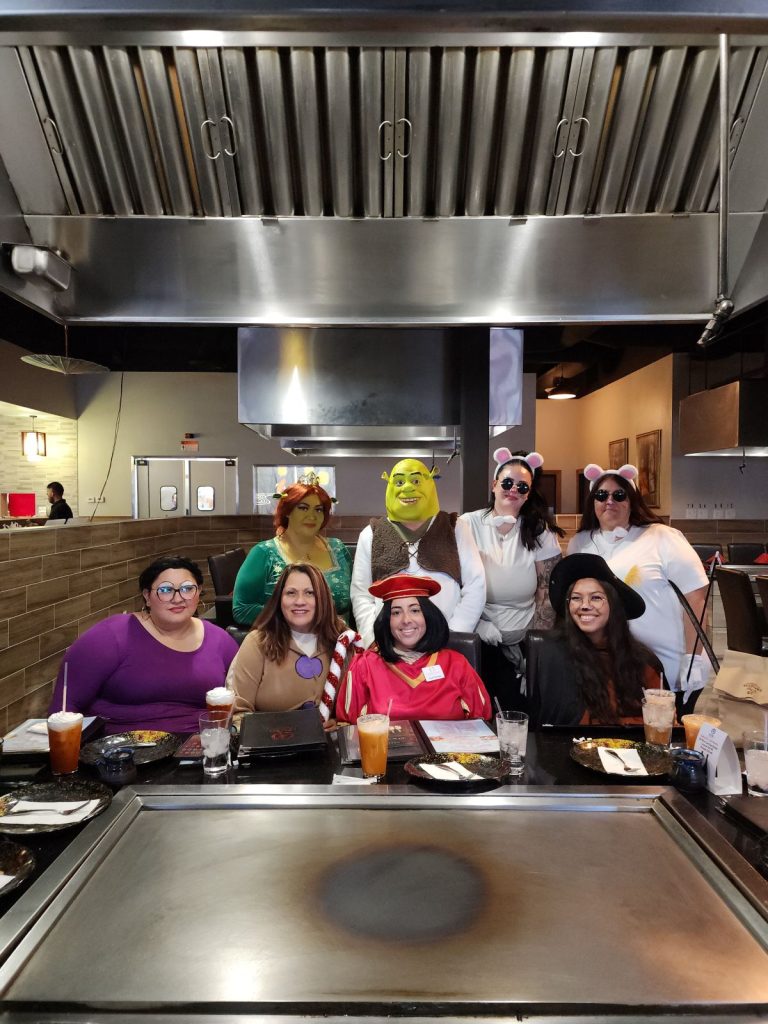Comfort foods are a true pleasure, but there’s also a lot to be said for having a diet that incorporates plenty of variety on a regular basis. That’s especially true for seniors, who may stick to a limited diet for a variety of reasons and health concerns. There are other considerations as well which can lead seniors to some uninspired eating habits. Sometimes including more variety in their diet is easier for seniors to do when they have home care assistance available.
Avoiding Nutritional Deficiencies
No one food or group of foods contains all of the necessary nutrients to help seniors stay healthy. Eating a variety of different foods gives people a range of nutrients and gets them closer to all of the nutrition that they need. Sometimes when seniors have health issues or other challenges, like dental problems or difficulty swallowing, they tend to gravitate to one or two foods that they can eat comfortably.
Avoiding Boredom
Eating the same food all the time can eventually become boring. But seniors may fall into the habit of eating the same foods if they’re easy to prepare or come pre-cooked. Elder care providers can be a huge help with this issue because they can plan meals and prepare them for seniors. Removing the effort of cooking healthier options can alleviate boredom and get seniors the nutrients they need.
Reducing the Risk of Eating Disorders
When seniors limit their diets, especially in a significant way, they’re at a higher risk of developing eating disorders. It can be difficult for seniors to recover from these types of disordered eating habits, especially if they’re cooking for themselves. Home care assistance can work with seniors to find foods they enjoy, making it easier for seniors to have access to a wider array of options.
Improving Gut Health
The microbes in the gut rely on many different types of foods in order to thrive. This is important because these microbes are responsible for helping seniors keep their immune systems strong and experience good digestion. When gut microbes are imbalanced, seniors might be more likely to experience higher blood sugar or have more trouble managing their weight. Improving gut health leads to better sleep, better moods, and improved overall wellness.
Enjoying Diverse Flavors and Tastes
From the point of view of pure enjoyment, eating a variety of different foods allows seniors to have new flavor and taste experiences. That’s incredibly important for quality of life. Enjoying one particular type of food isn’t a bad thing once in a while, but it can lead to a dull experience with eating. Seniors may have enough trouble eating healthy meals, especially if they eat many of their meals alone. Diversifying some of the foods they’re eating can help them to look forward to eating.
Food offers nutrients, but there’s more to it than that. When seniors aren’t eating a variety of different foods on a regular basis, food might be boring and unenjoyable for them. Home care assistance can help them to turn that situation around, ensuring seniors feel healthier and enjoy meals much more.

